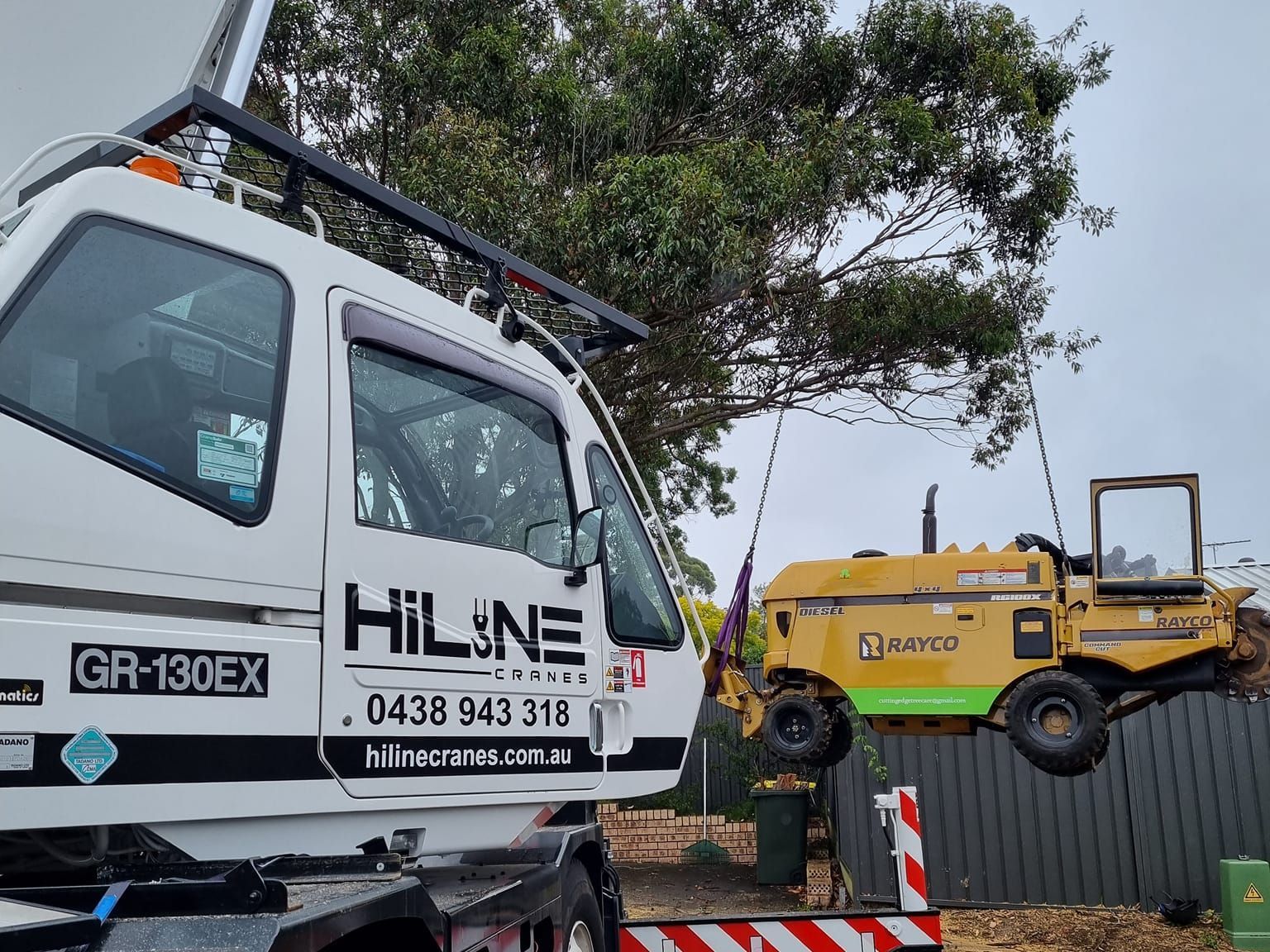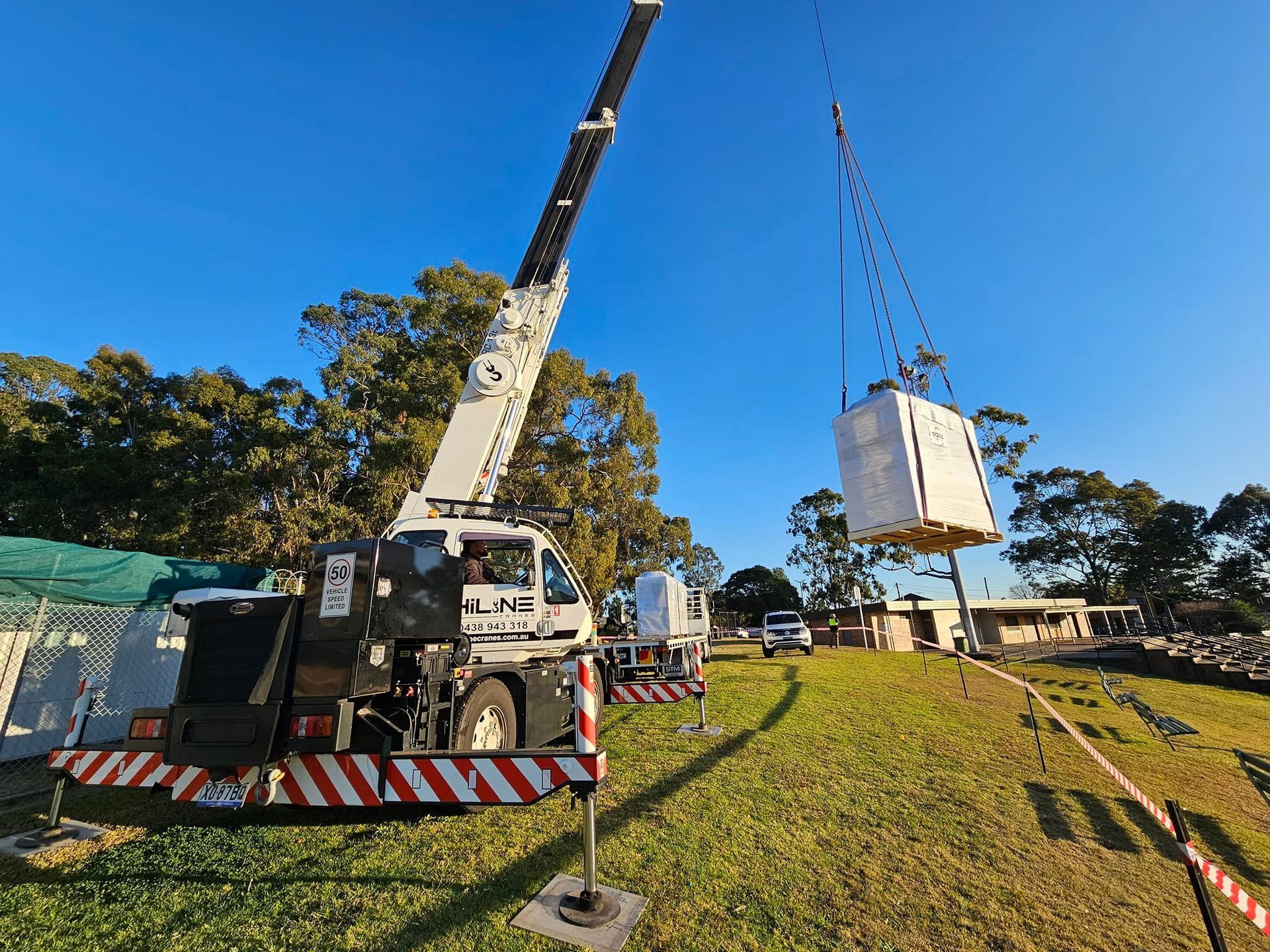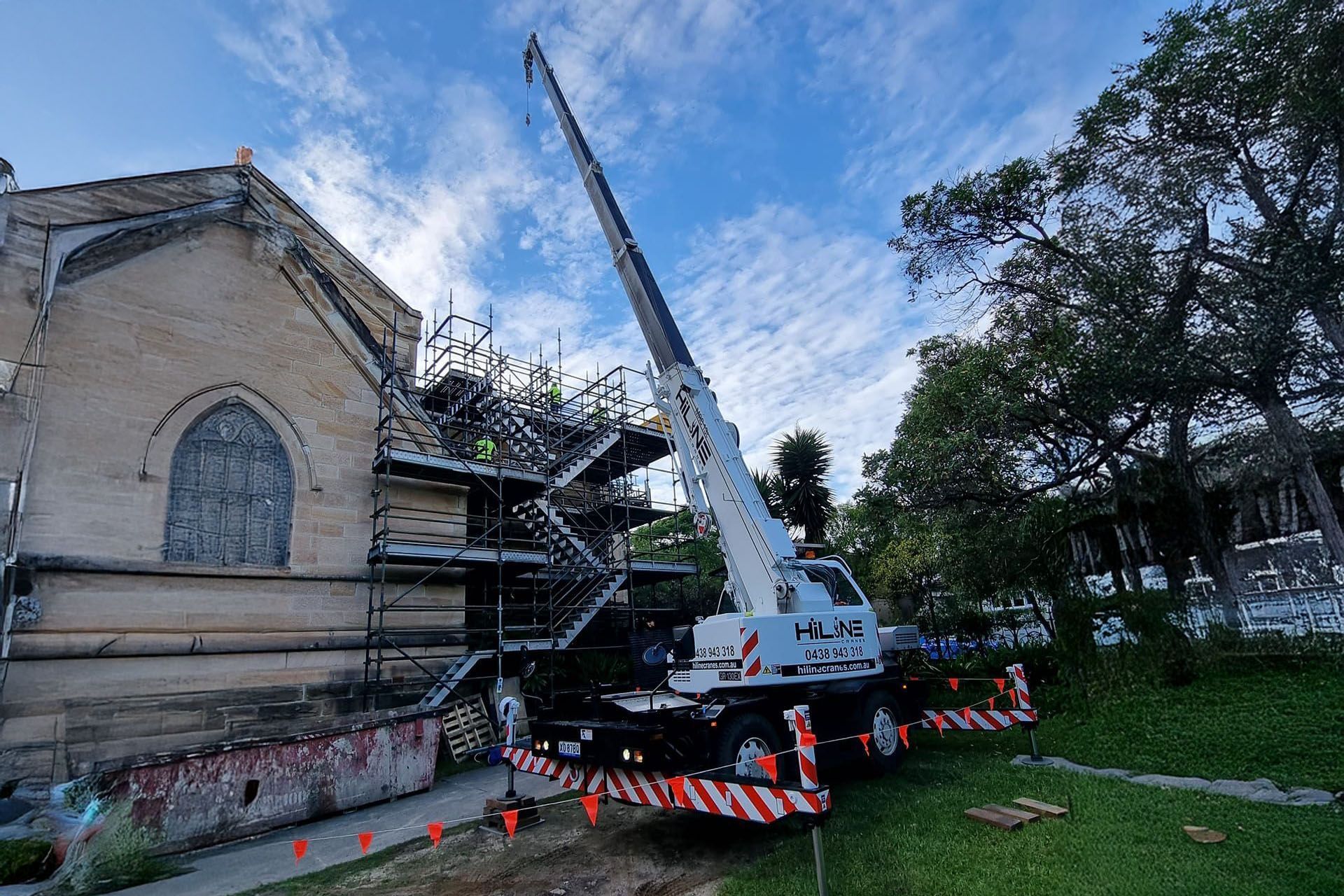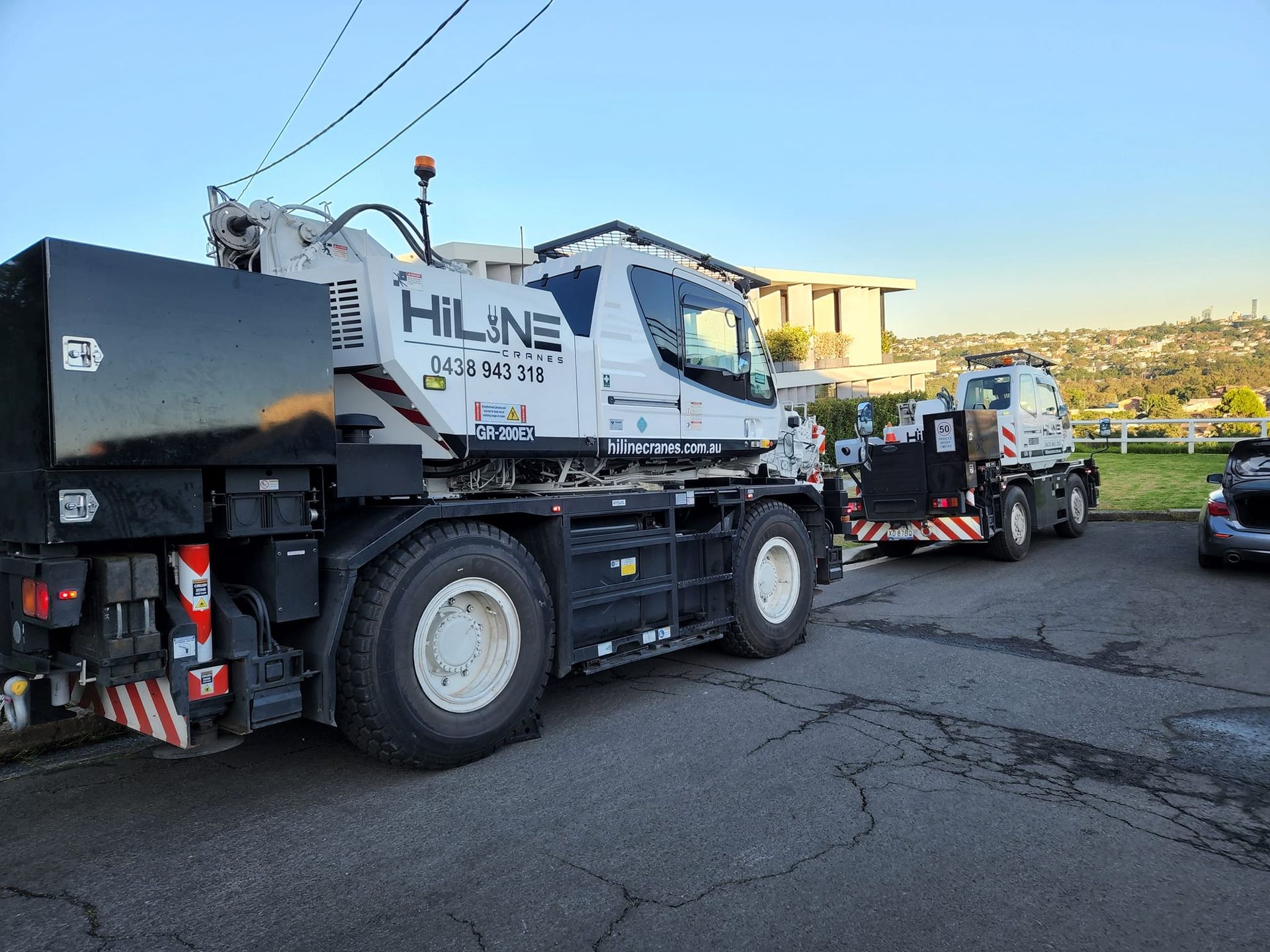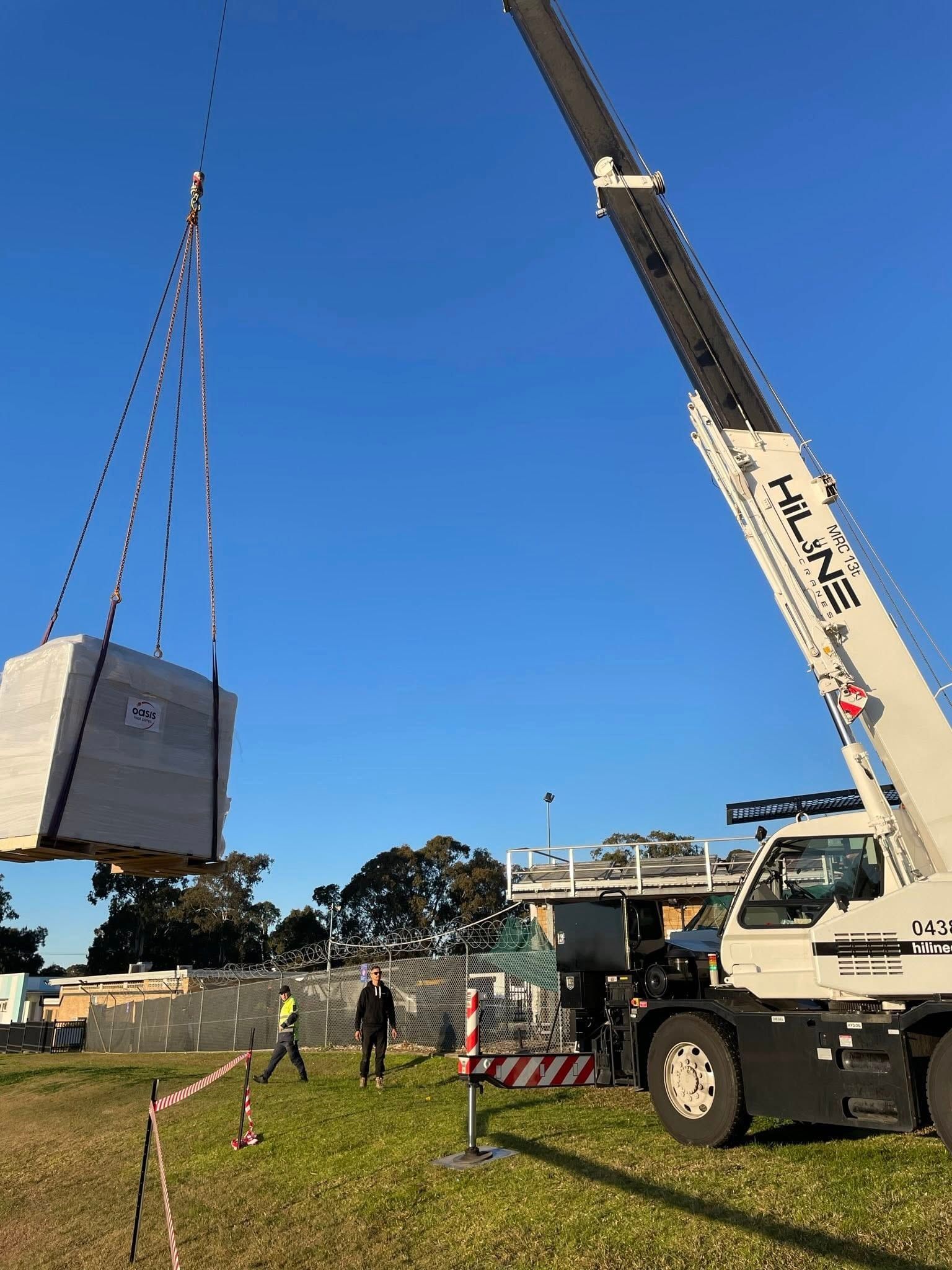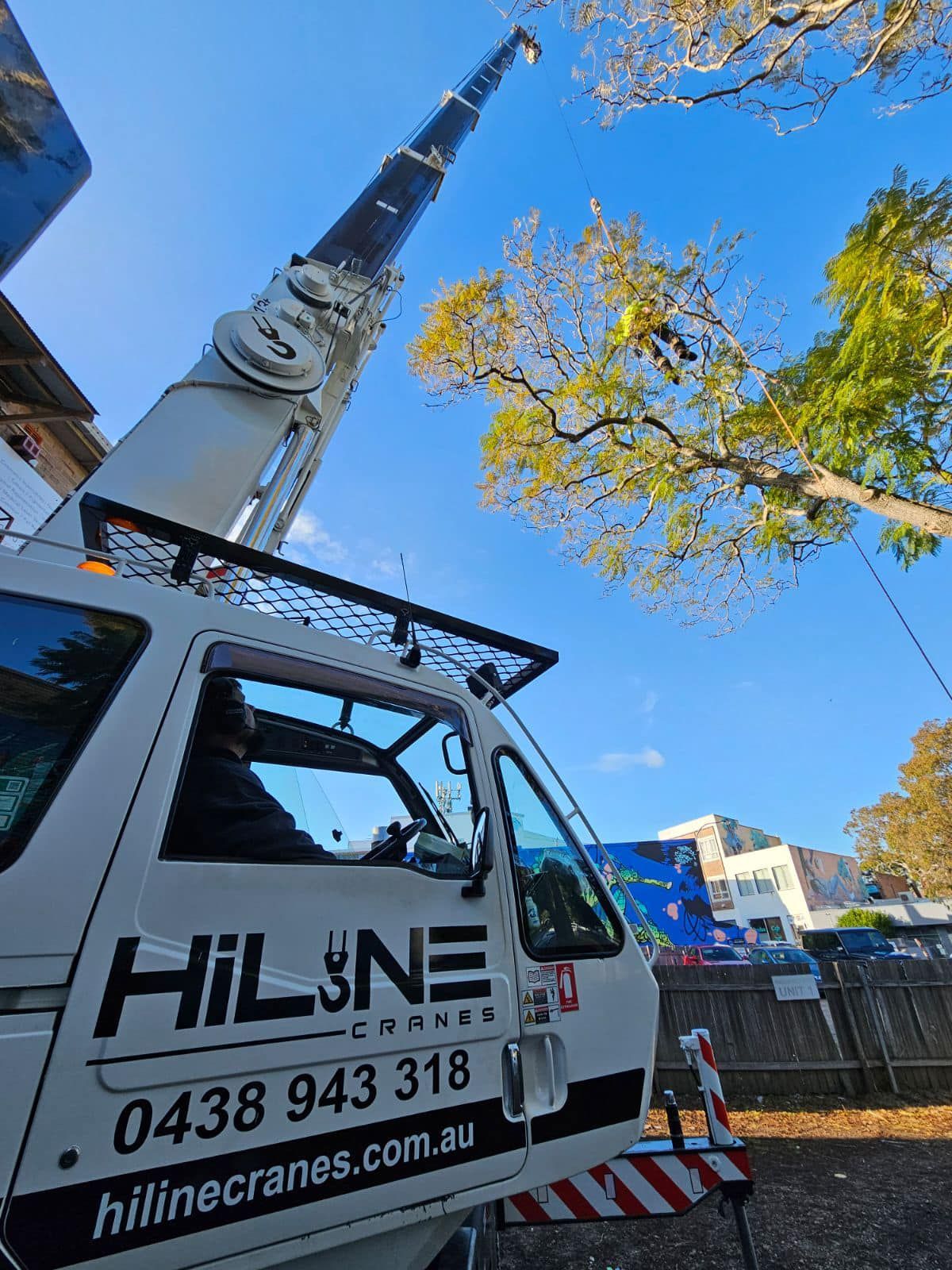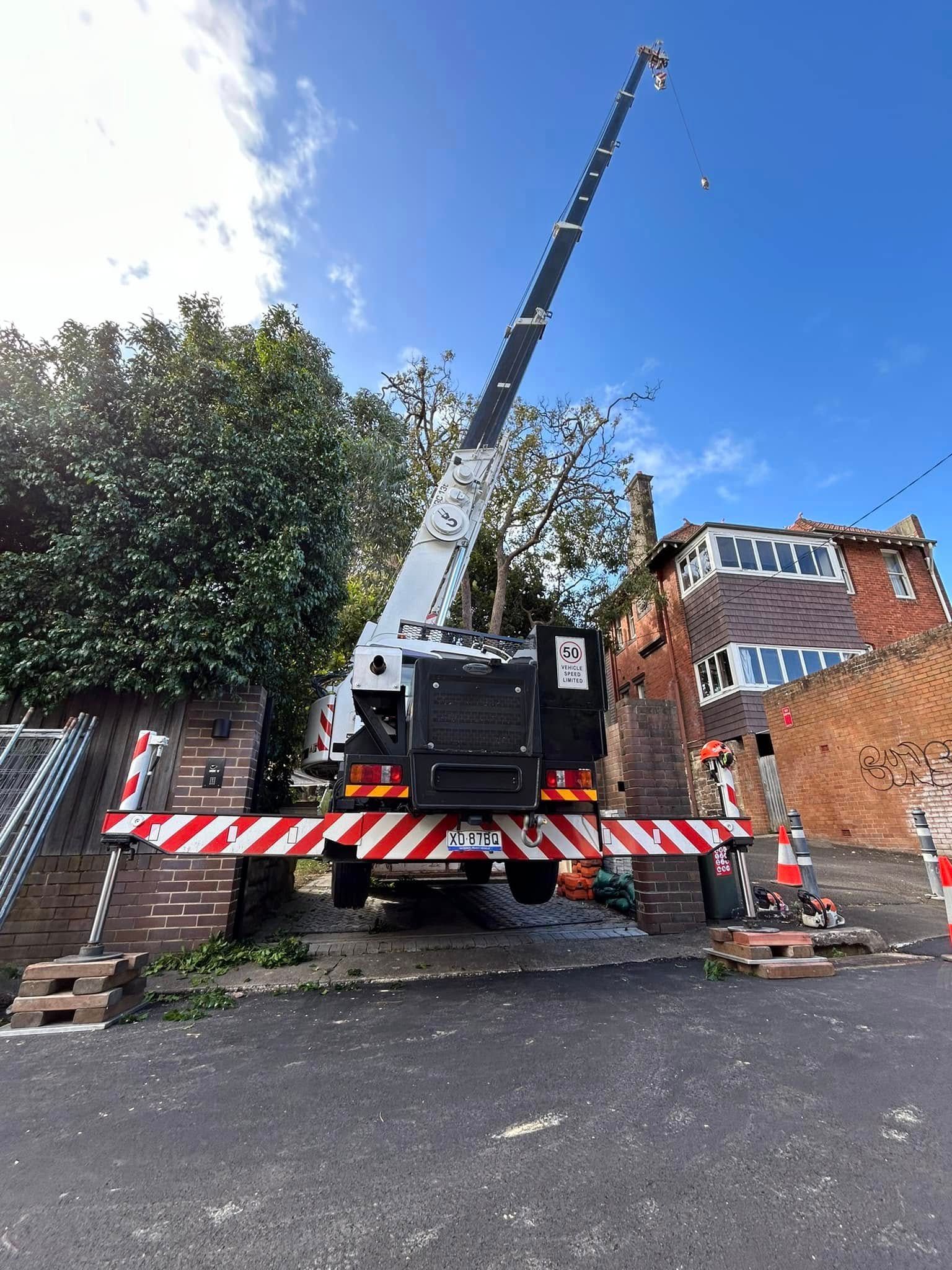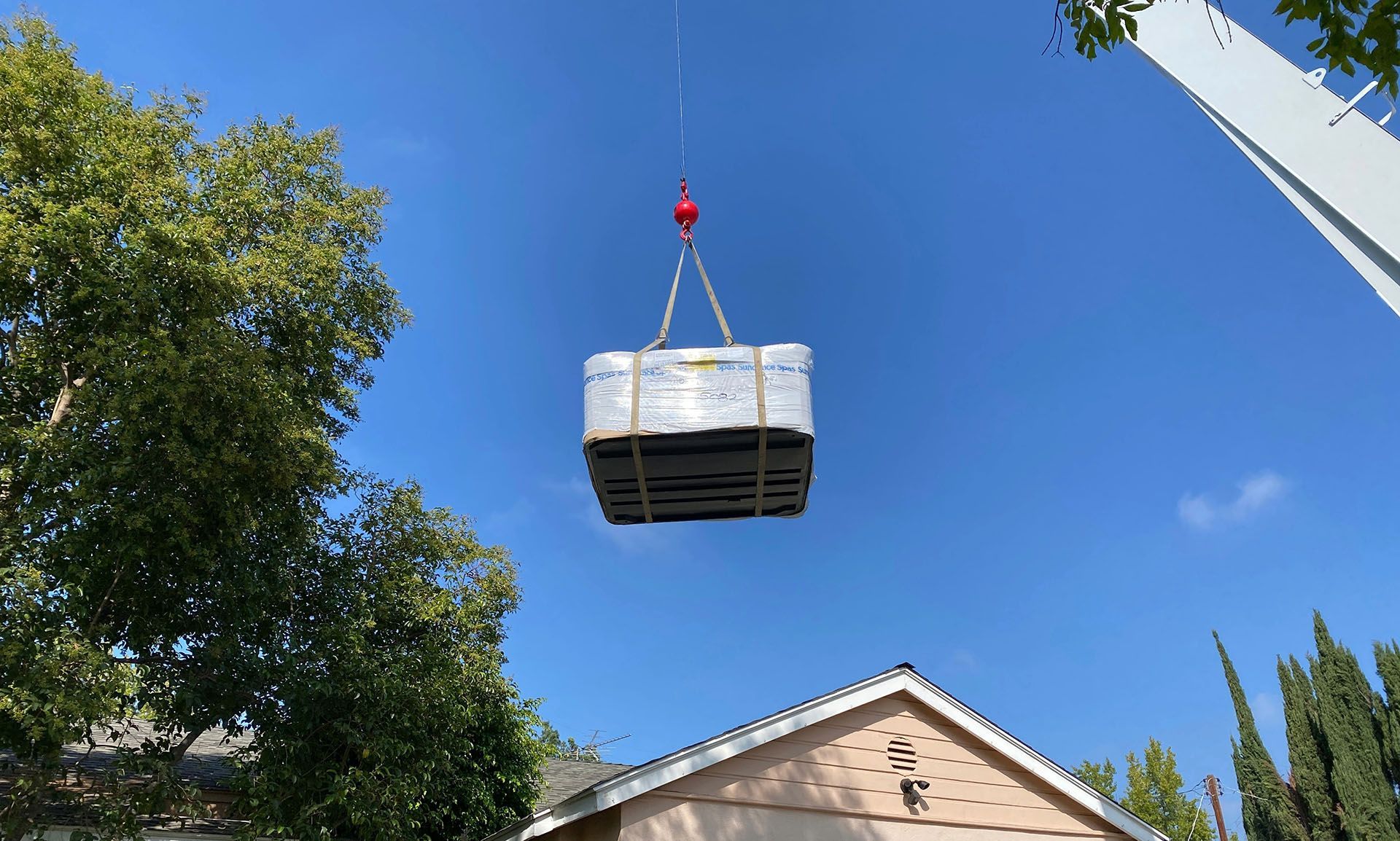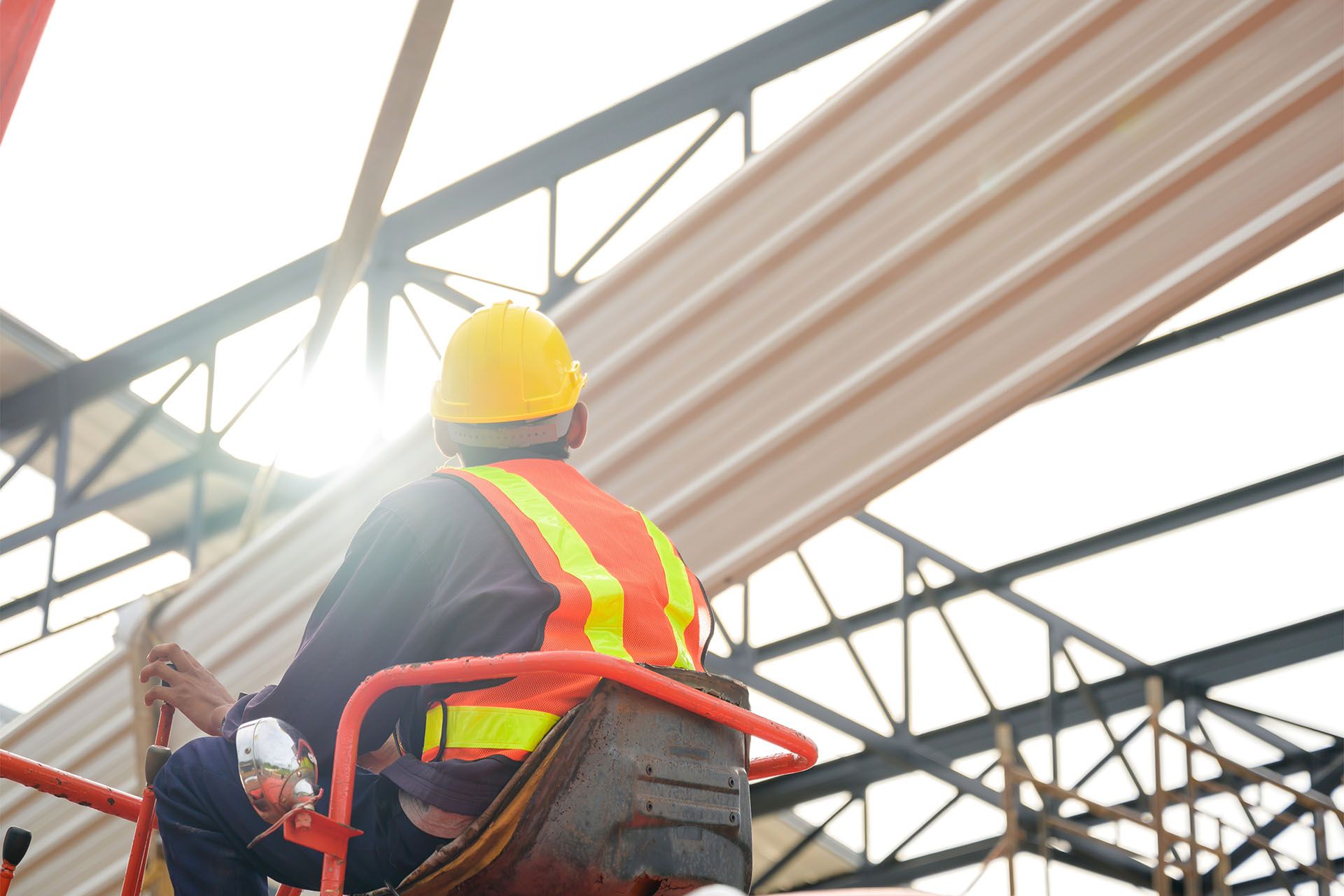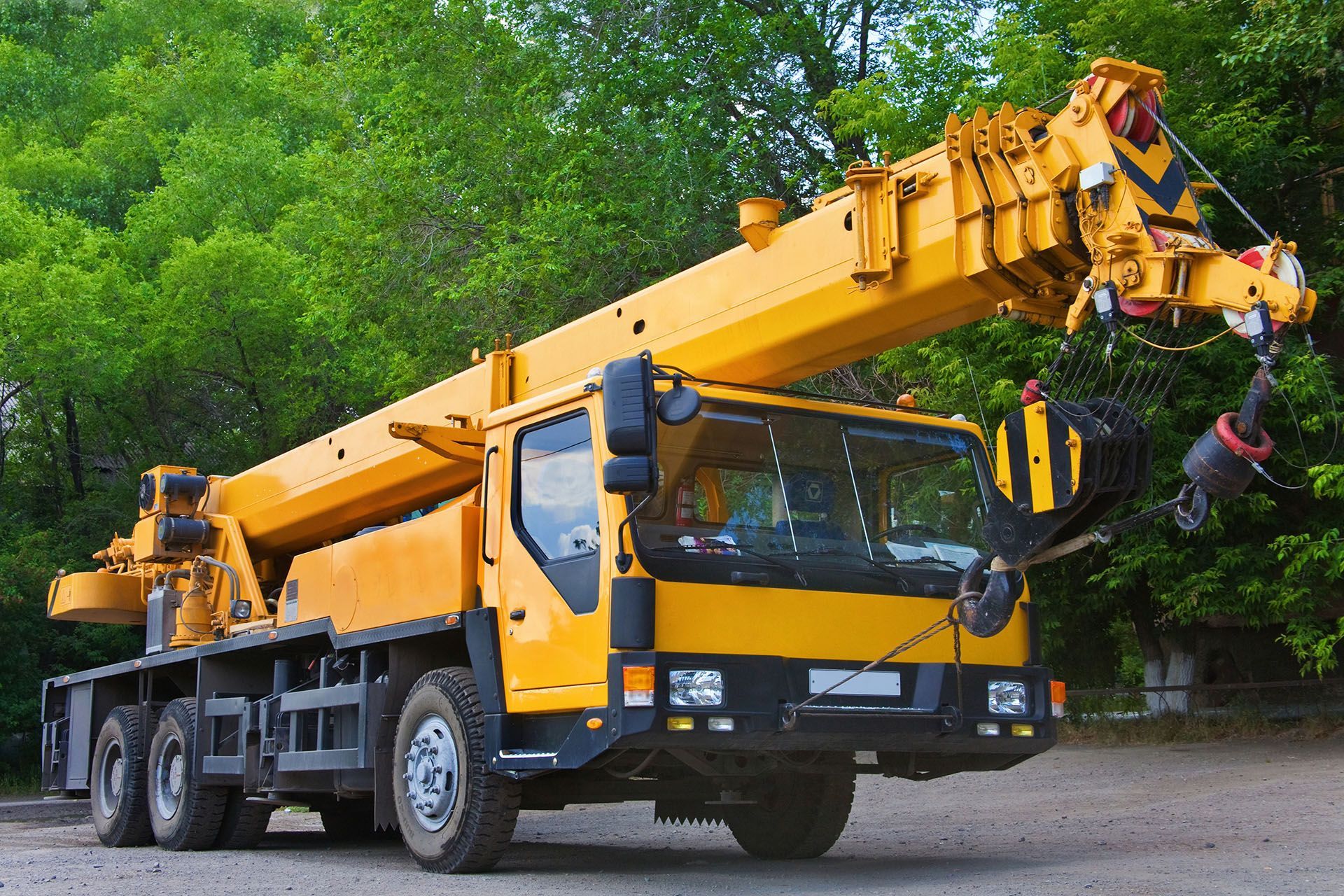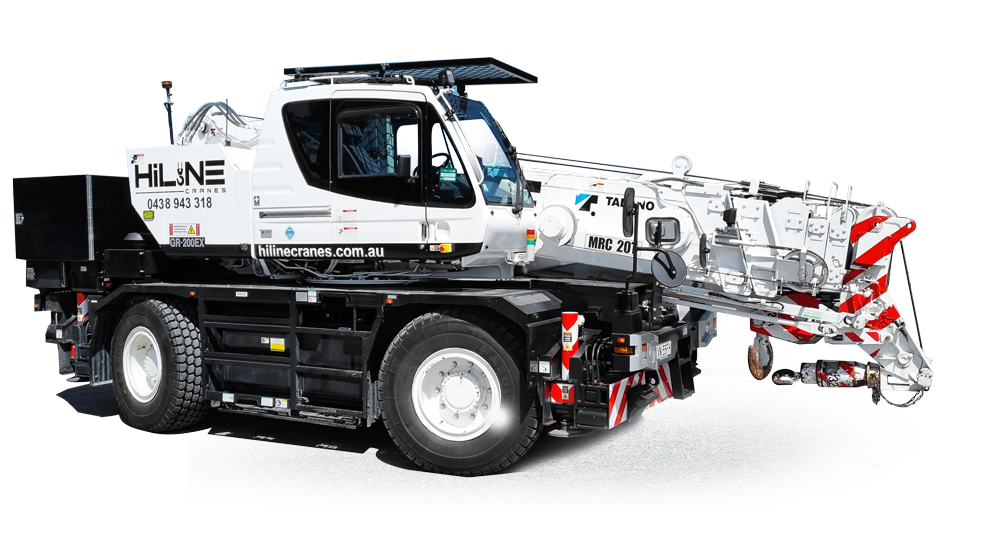Crane Hire vs. Crane Purchase: Which is Right for You?
Smaller construction projects often involve the important decision of whether to hire or buy a crane. This choice can significantly affect your budget and project timeline. Both options have their own sets of pros and cons, but the best choice ultimately depends on your specific needs and project requirements.
In this blog, we'll dive into the advantages and disadvantages of hiring versus purchasing cranes, perform a cost-benefit analysis, and look at long-term versus short-term project considerations to help you make the best decision.
Pros and Cons of Hiring vs. Purchasing Cranes
Hiring Cranes
Pros
Flexibility
There are many different types of cranes available, so hiring a crane offers unmatched flexibility. Doing so allows you to choose the exact type and size of crane required for each specific project. This adaptability helps make sure that you always have the right equipment without the burden of ownership.
Reduced Initial Costs
Crane hire eliminates the substantial upfront investment needed to purchase a crane, which doesn’t come cheap. Instead, you can allocate your budget to other areas of your project that may need added support.
Maintenance and Repairs
When you hire a crane, the responsibility for maintenance, repairs, and compliance with safety regulations lies with the rental company. This reduces your operational headaches while ensuring that the equipment is always in optimal condition.
Latest Technology
Rental companies often provide the latest models equipped with advanced technology and safety features. This ensures that you benefit from the most efficient and reliable cranes available.
Cons
Ongoing Costs
While hiring reduces initial expenditure, the cumulative cost over time can be higher compared to owning a crane, especially for long-term projects.
Availability
Depending on the demand and the rental company's inventory, there may be times when the specific crane you need is unavailable. This may potentially cause project delays.
Limited Control
Renting a crane means you have less control over its availability and condition, which might sometimes lead to scheduling conflicts or unexpected downtimes.
Purchasing Cranes
Pros
Long-term Cost Efficiency
If you have continuous or multiple projects requiring crane usage, purchasing can be more cost-effective in the long run. Ownership means you avoid recurring rental fees.
Immediate Availability
Owning a crane ensures it is always available when needed, eliminating the risk of delays due to unavailability from rental companies.
Asset Value
A purchased crane is a tangible asset that adds value to your company. It can be depreciated over time, providing potential tax benefits.
Cons
High Initial Investment
Purchasing a crane requires a significant upfront expenditure, which can strain your budget and cash flow. And with affordable crane hire services becoming increasingly available, buying turns into a less attractive option.
Maintenance Responsibility
Ownership comes with the responsibility of regular maintenance, repairs, and compliance with safety standards. These tasks can be time-consuming and costly.
Depreciation
Like any heavy machinery, cranes depreciate over time. Their resale value may not recoup the initial investment, especially if the equipment becomes outdated.
Cost-Benefit Analysis
Conducting a thorough cost-benefit analysis is essential to determine the most financially viable option for your specific situation. When considering the costs, include not only the purchase price or rental fees but also maintenance, insurance, storage, and potential downtime costs.
For short-term projects, the flexibility and reduced initial costs of crane hire often outweigh the benefits of ownership. Hiring allows you to conserve capital and avoid the long-term financial commitment of purchasing. On the other hand, for long-term projects or ongoing construction operations, purchasing a crane may be more economical, as the cumulative rental costs can exceed the purchase price over time.
Long-term vs. Short-term Project Considerations
Short-term Projects:
For short-term projects, hiring a crane is typically the most practical solution. It provides access to the necessary equipment without the financial burden of ownership. Additionally, rental companies handle maintenance and repairs, so their cranes are always ready for use.
Long-term Projects:
For long-term projects, purchasing a crane can be more cost-effective. Ownership guarantees immediate availability and control over the equipment, reducing the
risk of project delays. However, you must be prepared to manage maintenance and repairs.
Conclusion
Deciding between crane hire and crane purchase depends on the specific requirements of your project. If your project is short-term or you need flexibility in equipment choice, hiring a crane is the ideal solution. It offers reduced initial costs, hassle-free maintenance, and access to the latest technology. Conversely, if you have long-term projects or continuous crane needs, purchasing a crane may provide better long-term cost efficiency and control. Assess your project's duration, budget, and operational demands carefully to make the most informed decision.
In conclusion, whether you choose to hire or purchase, the key is to align your decision with your project's unique needs.
HiLine Cranes offers crane hire services in Sydney and the surrounding areas, including Wollongong, Parramatta, and Sutherland Shire. Whether it’s a tight access job or a standard lifting project, we’ve got you covered. Contact us today to discuss your project and get a free site inspection.

